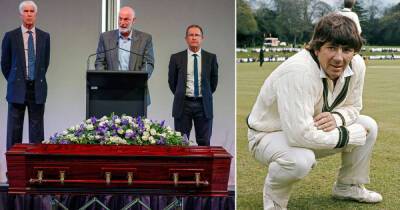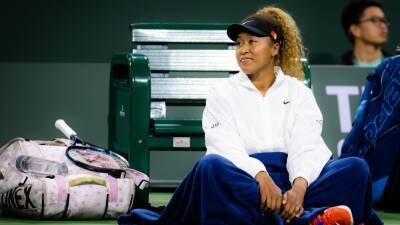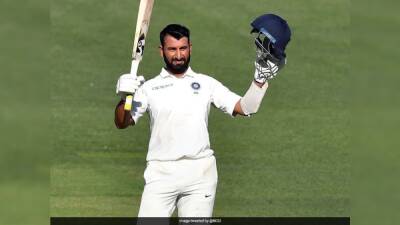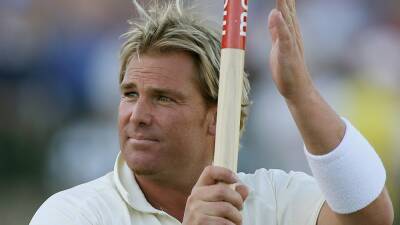Neurodegeneration linked to repetitive head injury found in brains of former Australian sports players
Over half of brains donated to the Australian Sports Brain Bank have signs of chronic traumatic encephalopathy (CTE), a degenerative brain disease associated with repeated blows to the head, researchers have found.
Data from the first three years of the national brain bank shows that of the first 21 donors — all of whom participated in sports with risks of repetitive head injury — all but one donor had some form of neurodegeneration, including 12 who were found to have CTE.
«The 21 donors came from a range of sports, but 17 of them either came from AFL or one of the rugby codes,» said neuropathologist Michael Buckland from Sydney's Royal Prince Alfred Hospital and the University of Sydney.
CTE, which can only be diagnosed post-mortem, is associated with behavioural, mental and cognitive impairments, including memory loss, personality changes and depression.
Symptoms typically appear years or even decades after brain injury is sustained.
CTE was first found in boxers more than 90 years ago (originally known as punch-drunk syndrome), but has more recently been described in former players of American football, ice hockey and soccer.
«Almost all of our donors, they or their families, signed up for the brain donation because they were exhibiting signs or symptoms that something was wrong with their brain,» Dr Buckland said.
«So it's very much a selected population, and we can't make any claims about the prevalence of CTE in the sporting community.»
But Dr Buckland said the preliminary findings, published today in the Medical Journal of Australia, confirmed the existence of CTE in former Australian sports players, after a handful of cases had been identified in recent years.
«Our main purpose of the Sports Brain Bank was to actually







